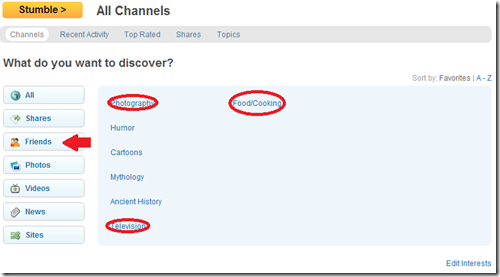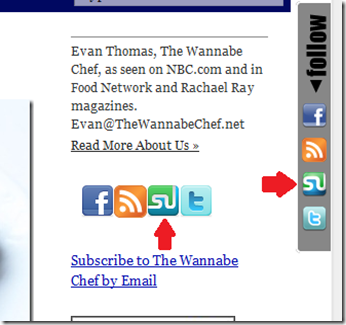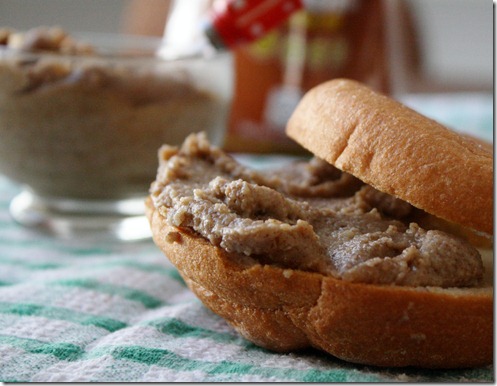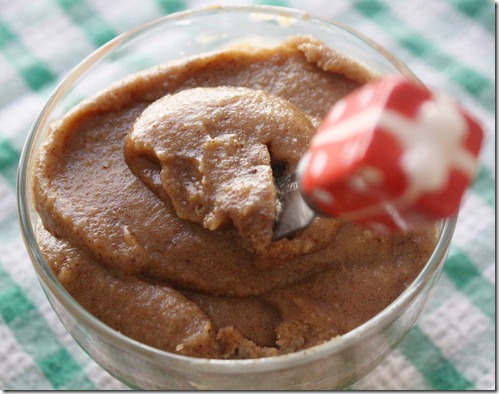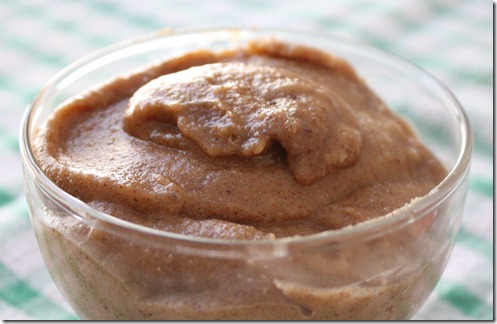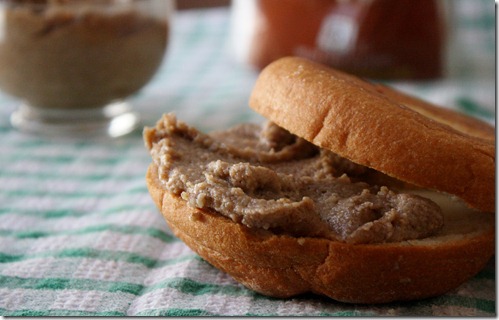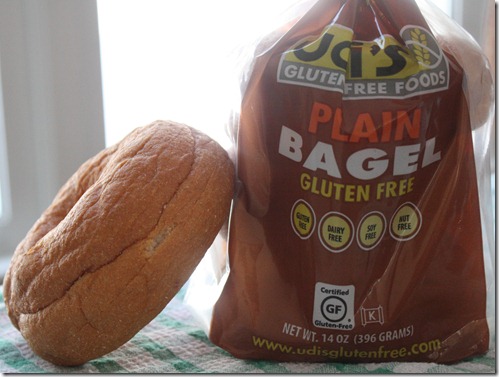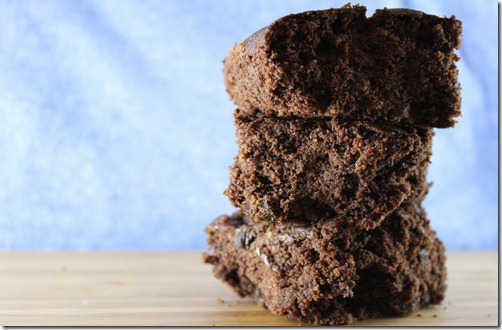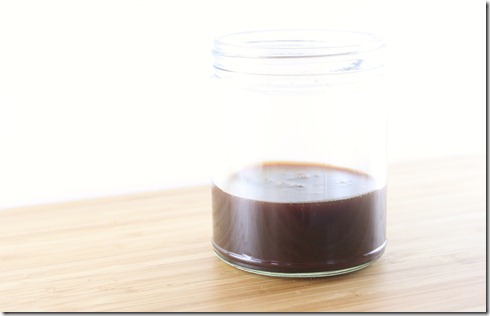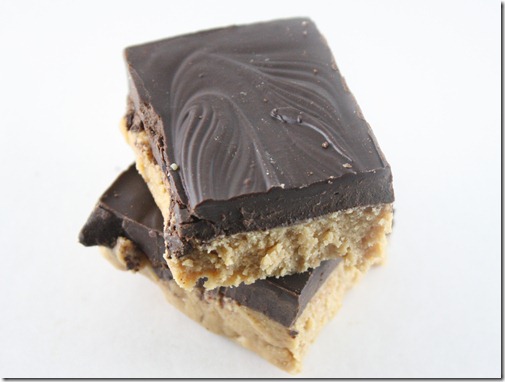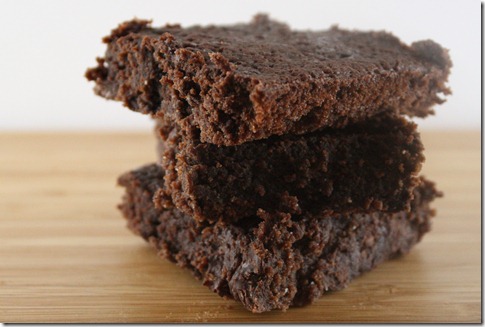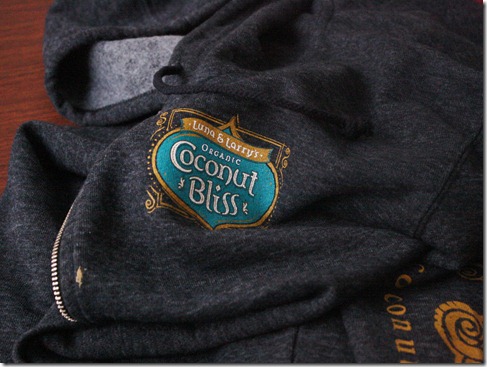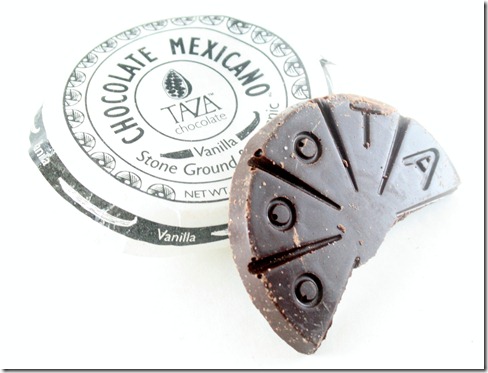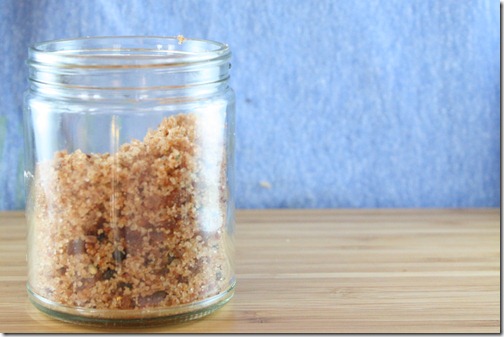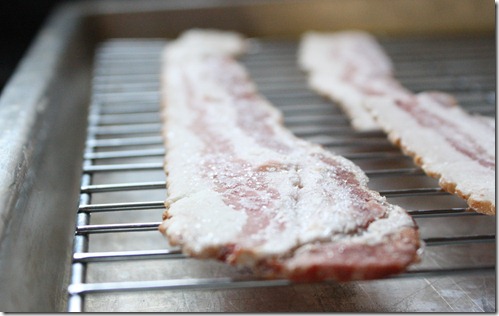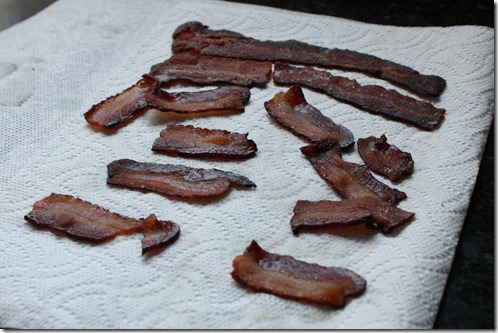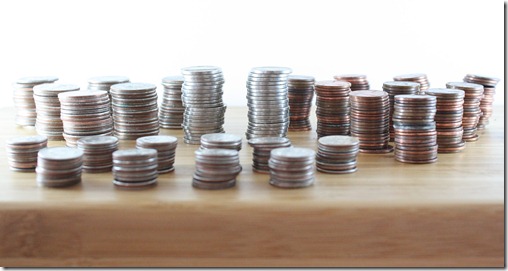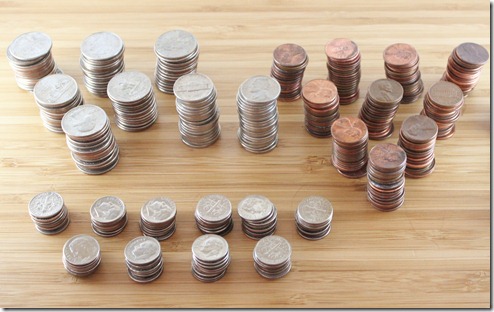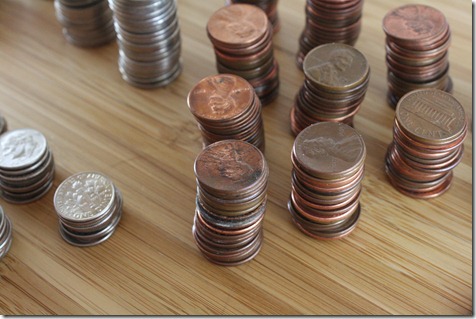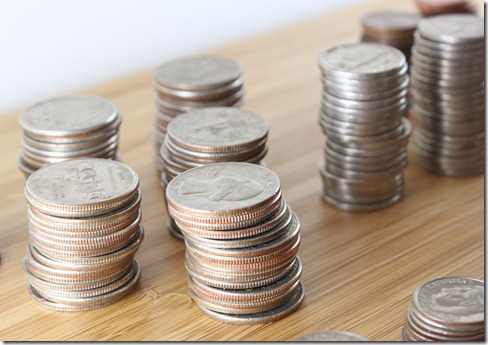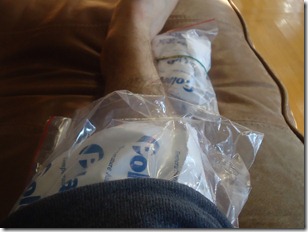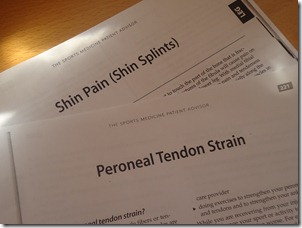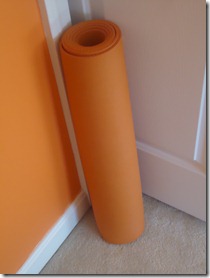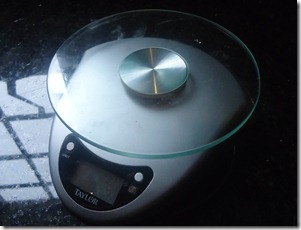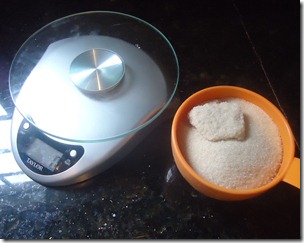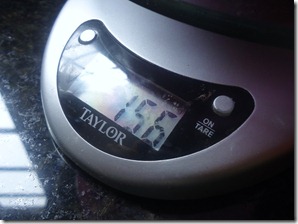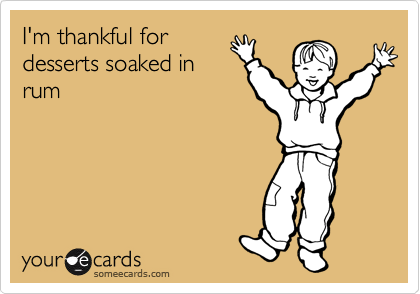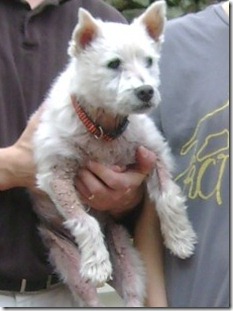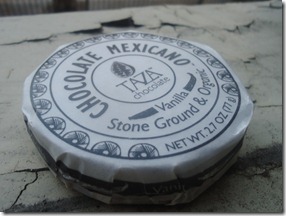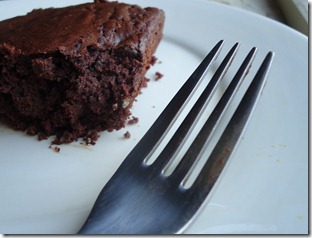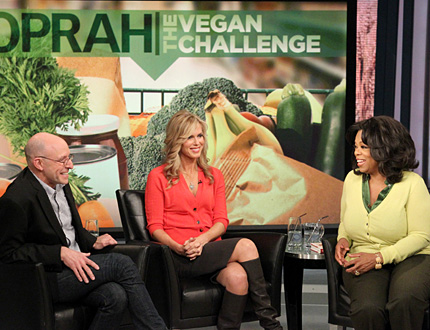
When I heard Tuesday’s episode of Oprah marketed as her “vegan experience”, I have to say as an occasional meat-eater I wasn’t drawn in; certainly it wouldn’t be as good as her camping trip with her “friend”, Gayle(remember that? That was a hoot!). But I was also interested to see what message she would be giving, especially with a panel of Veganist Kathy Freston, Food Activist Michael Pollon(who’s not a vegetarian), and a representative from a factory farm slaughterhouse(also not a vegetarian if you couldn’t draw that out).
Before I say what I agreed with and didn’t agree with of the show, I have to quantify my own diet by saying I’m something of a “flexitarian”. I eat vegan most of the time because that’s how I shop; dairy doesn’t agree with me and the only time I have eggs is in brownies(is this really a shocker?). While I don’t have plans to eat meat anytime soon, I’d never call myself a vegetarian since I’m sure I’ll eat meat at a holiday or in a restaurant soon enough. Also, I’m not fundamentally against it, which is probably the number one reason I’d say all of this comes from a “meat-eater”’s perspective.
Agree
“I don’t think you should be eating meat if you don’t want to see how it’s being produced” –Michael Pollan
This, to me, was the best message from the show. No one ever sees how their food is made anymore; most people have been filtered out of the farming lifestyle over the past few hundred years. Having given a presentation on most of this at the 2010 Healthy Living Summit, I can’t say I was shocked at what was shown in the slaughterhouse.

Eat more veggies and you will be more in touch with your bodily functions than ever before(and you’ll like talking about it): The HARPO staff loved to talk about how much they pooped and farted; and who could blame them? One of the benefits of a plant-based diet is that your body works incredibly well at digesting food and you’ll never have to spend another morning struggling on the toilet. It’s a good life.
We should be more aware of what’s in our food: At one point, one of Oprah’s staffers took all the food with animal products out of her refrigerator. What was left was basically mustard and ketchup, and she had no idea that’s how she was eating. Another staffer admittedly ate “horrible” before going vegan, and lost 11 pounds just by eating nutritious food. If you actually know what’s in your food, vegan or not, you’re more likely to make a healthier and informed decision.
We should support our farmers(and hint: you don’t do this by buying from large industries): This is something that Michael Pollan said which sort of got swept under the rug immediately after, but it’s a good point. Farming is a career, and a dying one at that. If you don’t support your local farmer(for meat or for vegetables) then they’re at risk of going out of business, and there are many many reasons why our food production shouldn’t be in the hands of a few big companies.
Disagree

The idea that veganism exists at Whole Foods only: Whenever they went shopping or showed groceries in this episode, it was from Whole Foods. You don’t have to shop at Whole Foods to get vegan groceries; most grocery stores have tons of vegan options to choose from. And the farmers’ market is an excellent place to get vegetables in season. Since Whole Foods has the nickname “Whole Paycheck”, I’m afraid this could give the wrong impression that vegan = costly.
You won’t shed pounds like you’re on The Biggest Loser simply because you don’t eat animal products: Oprah staffers lost a combined total of 444 pounds in a week on a vegan diet. Woh! Who knew cutting out animal products can help you lose weight? Well, I don’t agree that it can, at least not that alone. What’s more likely is that these people weren’t eating healthy food to begin with(one of them was a self-proclaimed “fast food addict”). I think it’s entirely possible to live healthy on a diet including meat.
“Fake food” is the answer: There was a lot of product placement in this. It was like Friends, American Idol, and The Truman Show combined. And most of it wasn’t from the United States Sweet Potato Board or Broccoli Farmers Of America but rather Kashi, Earth Balance, Daiya, and every sort of fake meat imaginable. The problem this creates is twofold: there’s no appeal in going vegan if all the food you’re going to eat is compared to non-vegan alternatives; and a lot of these are overly-processed, which in turn is probably more harmful to your body than meat itself if you base your diet around them.
Conclusion
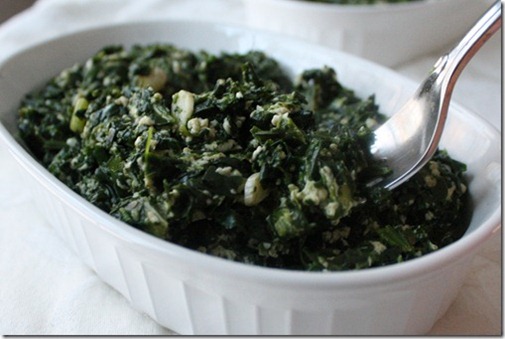
I could wrap up this entire post into one 7-worded statement:
Eat food, not too much, mostly plants
What? That’s taken? Shoot. Well then I’ve got nothing original. Oh wait, yes I do:
Love the ingredients, not the food
That’s the tagline I gave this blog when I made it 3 months ago. It’s on all my business cards, so you know it’s legit. It means know what you’re eating, preferably by cooking your own real food with real ingredients. And it’s only 6 words, so technically I’m more succinct and better than Pollan. Where’s my book deal?
Did you watch the show? What were your opinions on it or any of this?


